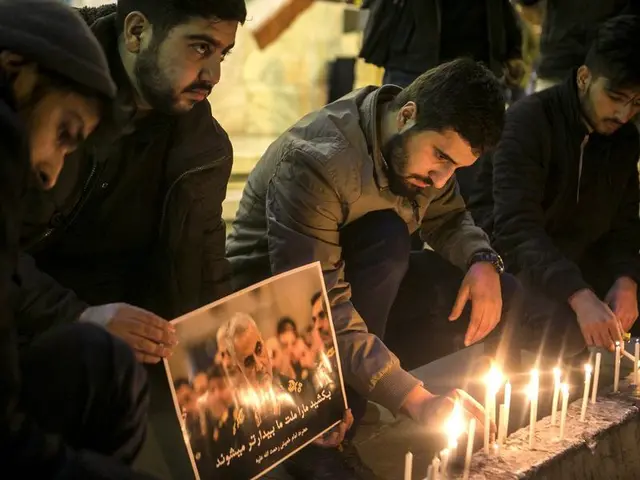Without an actual imminent threat to life, the targeted killing by U.S. armed drone of Iran's General Qassem Soleimani in Iraq earlier this year was unlawful, a latest UN expert report showed on Thursday.
Presenting the report to the UN Human Rights Council Thursday on the use of force under drones technology, Agnes Callamard, UN Special Rapporteur on extrajudicial, summary or arbitrary executions, told the Council that the U.S. action in this accident constitutes an arbitrary killing.
"In light of the evidence that the U.S. has provided to date, the targeting of General Soleimani, and the deaths of those accompanying him, constitute an arbitrary killing," the UN expert said in her report.
According to the report, the strike was in violation of the UN Charter with insufficient evidence provided of an ongoing or imminent attack.
No evidence has been provided that General Soleimani specifically was planning an imminent attack against U.S. interests, particularly in Iraq, for which immediate action was necessary and would have been justified, the report said.
Also no evidence has been provided that a drone strike in a third country was necessary or that the harm caused to that country was proportionate to the harm allegedly averted, the report added.
A U.S. airstrike on Jan. 3 of this year killed Soleimani, former commander of the Quds Force of Iran's Islamic Revolution Guards Corps, along with an Iraqi militia commander and others, near Baghdad International Airport.
 简体中文
简体中文



